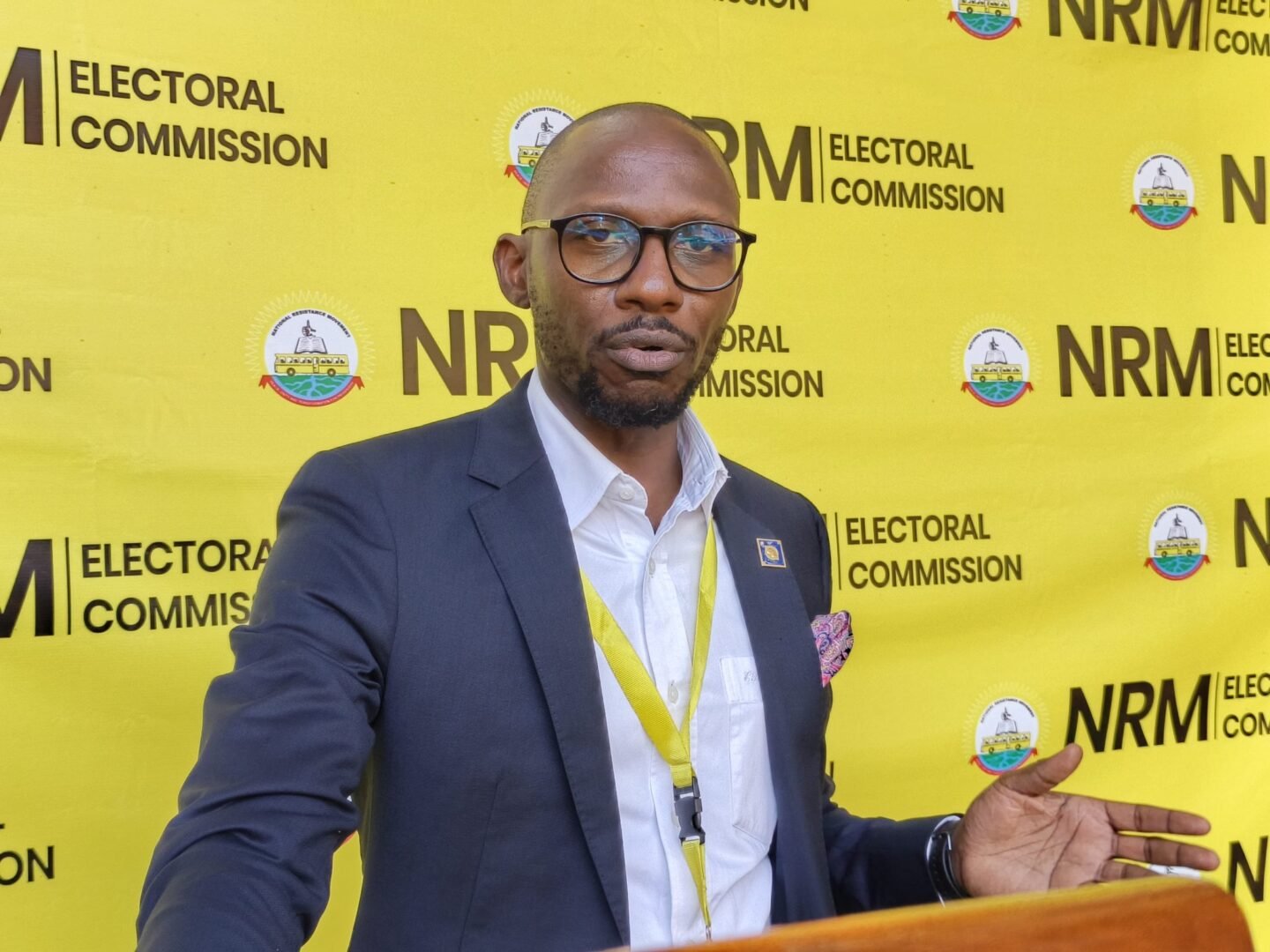KAMPALA, Uganda — The ruling National Resistance Movement (NRM) party has released its 2025 primaries guidelines, setting tough legal, academic, and ethical requirements for all aspirants seeking nomination.
These directives, formalized by the party’s Director of Legal Services, Enoch Barata, establish mandatory legal, academic, and ethical standards that all aspirants must satisfy to secure nomination under the NRM banner.
The detailed 9-page document also delineates strict conditions concerning resignation from public service, criminal conduct, and appropriate electoral behavior.
The nomination exercise is scheduled to commence on June 17, 2025, and conclude on June 30, 2025, with the primaries themselves set for July 16.
According to Barata, the process of nominating candidates transcends mere administration; it is a constitutional responsibility demanding full compliance with both national electoral laws and the party’s internal regulations.
Every candidate, irrespective of their standing or political prominence, is required to undergo thorough verification and clearance by the Directorate of Legal Services prior to nomination.
At the core of the eligibility requirements is proof of identity and citizenship. Each aspirant must present their National Identity Card or a verifiable application form from the National Identification and Registration Authority (NIRA) to confirm Ugandan citizenship.
Furthermore, Barata mandates that candidates must demonstrate their status as duly registered voters with the National Electoral Commission, a requirement fulfilled by attaching a voter location slip confirming their presence on the National Voters’ Register.
Aspirants are also obliged to be registered in the NRM’s party register, affirming their eligibility to participate in internal party structures and primaries.
The guidelines also establish clear academic thresholds, particularly for those aspiring to become a Member of Parliament or Local Government Council V (LC V) Chairperson. Barata noted that the minimum academic qualification for such positions is the Uganda Advanced Certificate of Education (UACE), which must be accompanied by a letter of verification from the Uganda National Examinations Board (UNEB).
For candidates who have followed alternative educational paths without pursuing A-Level education, the law permits the submission of a certificate of equivalence issued by the National Council for Higher Education (NCHE).
Barata informed Vivid Voice News in an exclusive interview that holders of diplomas or university degrees obtained from recognized institutions in Uganda or the former University of East Africa are required to provide certified academic documents to that effect.
The issue of name consistency is also rigorously addressed in the new directives. Aspirants whose names diverge from those appearing on their academic or identification documents must provide documented evidence explaining the change.
For minor corrections, a statutory declaration registered with the Uganda Registration Services Bureau (URSB) will suffice. However, in instances where the change is substantial, proof of a published notice in the Uganda Gazette is mandatory, along with evidence of compliance with Section 36 of the Registration of Persons Act, 2015.
Barata additionally stated that June 14, 2025, is the mandatory deadline for all public officers intending to seek political office to formally resign from their current positions.
This directive applies broadly to civil servants, employees of statutory bodies, members of the Uganda People’s Defence Forces (UPDF), the Uganda Police Force, and any other category of public servants.
For parliamentary aspirants, this requirement is reinforced by Section 4(4) of the Parliamentary Elections Act, which stipulates that any public officer must resign at least ninety days before nomination day in the case of a general election.
In the context of a by-election, Lawyer Barata states that resignation must occur at least fourteen days before nomination.
For local government aspirants, the legal provision stems from Section 116(5) of the Local Government Act, which mandates resignation at least thirty days before nominations. Barata emphasized that candidates must present formal evidence of resignation strictly adhering to the terms and procedures specific to their employing institutions, as interpreted by the Courts of Judicature.
Equally stringent are the provisions that disqualify individuals with certain criminal records or financial incapacities from contesting office.
Any person currently serving a sentence of death or imprisonment exceeding nine months without the option of a fine is explicitly barred from contesting under the NRM ticket.
Similarly, individuals who have been convicted within the past seven years of crimes involving dishonesty, moral turpitude, or violations of electoral laws are deemed ineligible as per these guidelines.
The guidelines also explicitly prohibit defamatory or inflammatory language, incitement to public disorder, and any speech that could stir sectarianism or hatred.
Candidates are strictly enjoined from making reckless statements about their opponents, including false allegations concerning illness, death, or withdrawal from the race.
The use of songs, poems, or images intended to ridicule, insult, or demean another candidate is expressly banned, as is the use of tribal, religious, or sectarian symbols or colors in campaign material.
Barata underscored that these comprehensive measures are designed to foster discipline, enhance transparency, and bolster credibility within the party’s internal processes.
He noted that the new guidelines serve not only as a compliance tool with national law but also as a profound reflection of the NRM’s commitment to political maturity and ethical governance.
The Government Chief Whip, Hamson Obua, has been tasked with disseminating and circulating these guidelines to all Members of Parliament.

